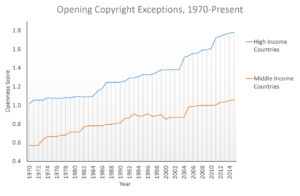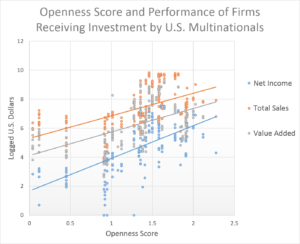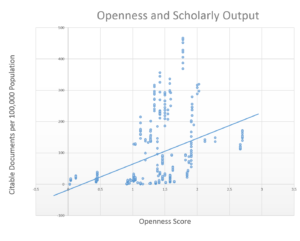Remarks as prepared for ¿Modernización o retroceso? Amenazas al medio ambiente e internet en la renegociación del TLCAN, a forum held at the Mexican Senate on March 2, 2018, alongside the NAFTA negotiations underway in Mexico City.
I am here to speak about the importance of including provisions in NAFTA to protect the abilities of countries to have general and open public interest copyright exceptions. All three countries have such exceptions to varying degree. And all three are under threat from the agenda of some copyright holders in international forums.
All of the NAFTA countries have what I call an open, general copyright exception. They take different forms. But Article 147 of the Mexico law, section 107 of the US Copyright Act (fair use), and section 29 of the Canada Copyright Act (fair dealing) all create a broad and open “public interest” purpose that may be used to overcome the right of exclusivity granted by the copyright act. It is similar to public interest exceptions to other kinds of intellectual property rights, such as those for public use and for compulsory licensing of patents. The problem is that the copyright intensive industries are increasingly arguing today that such broad exceptions violate the so-called three step test in NAFTA and the WTO TRIPS agreement.
5.5. Each Party shall confine limitations or exceptions to the rights provided for in this Article to certain special cases that do not conflict with a normal exploitation of the work and do not unreasonably prejudice the legitimate interests of the right holder.
The three-step test has evolved from an enabling clause in the Berne Convention into the prime mechanism being used to exert international limitations to domestic intellectual property exceptions. NAFTA marks a key moment of its shift. It, followed by the WTO TRIPS agreement, extended the three step test from the reproduction right to all rights, and from relatively unenforceable international IP agreements into forums that can adjudicate trade disputes. With that shift has come a new and potentially devastating legal argument. It is frequently argued by industries today that the words “certain special cases” require exacting certainty in the legislative definition of what those special cases are, and therefore bans general public interest exceptions. The problem with such exacting drafting, of course, is that it risks being under-inclusive. You rope off the future if you are required to foresee it in order for it to occur.
 The trend is in the opposite direction, as a PIJIP research is demonstrating. We find a general trend toward making copyright exceptions more open. But there is a gap globally — developing countries in our study are about 30 years behind wealthy countries in opening their exceptions for modern uses.
The trend is in the opposite direction, as a PIJIP research is demonstrating. We find a general trend toward making copyright exceptions more open. But there is a gap globally — developing countries in our study are about 30 years behind wealthy countries in opening their exceptions for modern uses.
Mexico is a fairly representative middle income country. Although it has a general exception in Section 147, that exception is not open to all public interests and it requires affirmative government license to use. Canada and the US are far more flexible in this regard. In other areas, like education, one can see that Mexico’s law is moving toward a more open public interest standard. But it has not yet fully implemented all that is required for modern teaching. The table below illustrates:
New empirical research by PIJIP shows that the law in this area matters. Systems with more open user rights do better at enabling technological innovation and investment.
We also find evidence that more open systems do better at producing knowledge, for example as measured by scholarly output.
There are good existing model for language in trade agreements that can protect the ability of countries to adopt more open limitations and exceptions, as well as language – such as in the TPP – that can promote countries to adopt such exceptions. But we lack an example where one agreement pulls all of these norms into a single text. That is what NAFTA should do. I have drafted one such model clause which I distribute today.
The position I express here – that NAFTA should include all the previous models promoting and protecting balance – was widely endorsed by US, Canadian and Mexican academics and public interest groups last year.
We ask that you do what you can to help this position be considered in the negotiations and to make its inclusion







